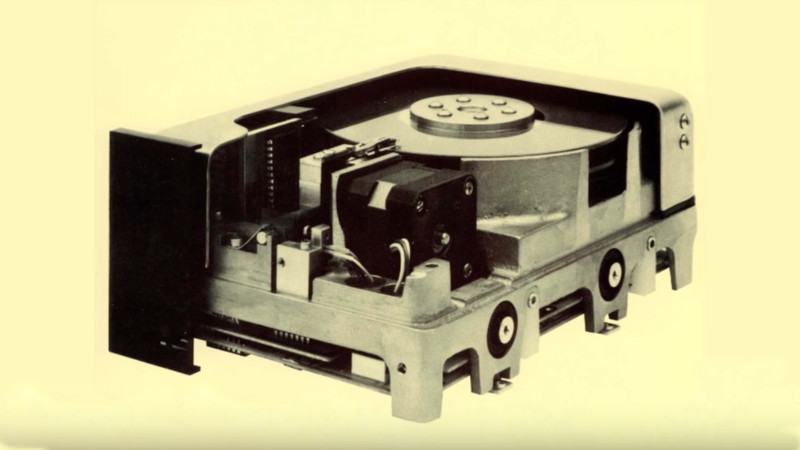
Mass storage has come a long way since the introduction of the personal computer. [Tech Time Traveller] has an interesting video about the dawn of PC hard drives focusing on a company called MiniScribe. After a promising start, they lost an IBM contract and fell on hard times.
We’d heard of MiniScribe, but a lot of companies from those days came and went. What we didn’t remember is that once it was taken over by a turnaround firm, pressure to perform caused the company’s executives to do some creative bookkeeping which finally came back to haunt them.
Apparently, the company was faking inventory to the tune of $15 million because executives feared for their jobs if profits weren’t forthcoming. Once they discovered the incorrect inventory, they not only set out to alter the company’s records to match it, but they also broke into an outside auditing firm’s records to change things there, too.
Senior management hatched a plan to charge off the fake inventory in small amounts to escape the notice of investors and government regulators. But to do that, they need to be able to explain where the balance of the nonexistent inventory was. So they leased a warehouse to hold the fraud inventory and filled it with bricks. Real bricks like you use to build a house. Around 26,000 bricks were packaged in boxes, assigned serial numbers, and placed on palettes. Auditors would see the product ready to ship and there were even plans to pretend to ship them to CompuAdd and CalAbco, two customers, who had agreed to agree to accept and return the bricks on paper allowing them to absorb the $15 million write off a little at a time.
Unfortunately, the fictitious excellent financial performance led to an expectation of even better performance in the future which necessitated even further fraud. The company had turned around, but only on paper. A downturn in the computer business and maxed-out credit signaled the beginning of the end. Suppliers and employees weren’t getting paid. A senior manager violated insider trader rules and dumped a lot of stock.
The turnaround CEO finally resigned and a new CEO found the fraud and released the findings that they were in the hole for $100 million. Bankruptcy pushed the company’s assets to Maxtor and criminal charges against 16 people ensued ending in fines and jail time. It isn’t clear if any of the boxed bricks were shipped to anyone by accident or by a disgruntled employee with a rubber paycheck. [Tech Time Traveller] speculates that if someone has one, it would be quite the collector’s item.
We hear about companies doing questionable things, of course, but this really is impressive in scope. At least they weren’t scamming end users as some tech companies have done.
We’ve Heard of Bricking a Hard Drive, But…
Source: Manila Flash Report
0 Comments